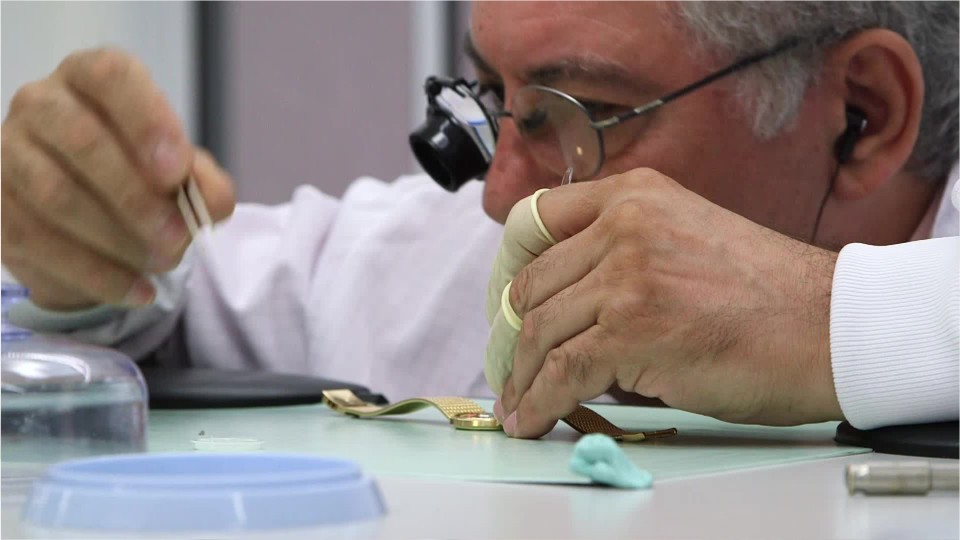Watch & Clock Repairers
Clock Repairer, Watch and Clock Repairer, Watch Estimator, Watch Technician (Watch Tech)
What they do:
Repair, clean, and adjust mechanisms of timing instruments, such as watches and clocks. Includes watchmakers, watch technicians, and mechanical timepiece repairers.
On the job, you would:
- Clean, rinse, and dry timepiece parts, using solutions and ultrasonic or mechanical watch-cleaning machines.
- Adjust timing regulators, using truing calipers, watch-rate recorders, and tweezers.
- Reassemble timepieces, replacing glass faces and batteries, before returning them to customers.
Knowledge
Business
- customer service
- management
Engineering and Technology
- mechanical
- product and service development
Manufactured or Agricultural Goods
- manufacture and distribution of products
Skills
Basic Skills
- thinking about the pros and cons of different ways to solve a problem
- listening to others, not interrupting, and asking good questions
Problem Solving
- noticing a problem and figuring out the best way to solve it
Abilities
Hand and Finger Use
- put together small parts with your fingers
- keep your arm or hand steady
Ideas and Logic
- order or arrange things
- notice when problems happen
Personality
People interested in this work like activities that include practical, hands-on problems and solutions.
They do well at jobs that need:
- Attention to Detail
- Integrity
- Analytical Thinking
- Self Control
- Dependability
- Independence
Technology
You might use software like this on the job:
Accounting software
- Intuit QuickBooks
- Sage Software Sage50
Project management software
- GrenSoft WorkTracer
- Upland Consulting Group Repair Traq
Spreadsheet software
- Microsoft Excel
Education
Education: (rated 3 of 5)
certificate after high school or
high school diploma/GED
usually needed
high school diploma/GED
usually needed
Job Outlook
Below Average
New job opportunities are less likely in the future.
Explore More
- Coin, Vending, & Amusement Machine Servicers & Repairers
- Electric Motor, Power Tool, & Related Repairers
- Grinding & Polishing Workers, Hand
- Grinding, Lapping, Polishing, & Buffing Machine Tool Setters, Operators, & Tenders, Metal & Plastic
- Timing Device Assemblers & Adjusters
You might like a career in one of these industries:
See more details at O*NET OnLine about watch and clock repairers.





